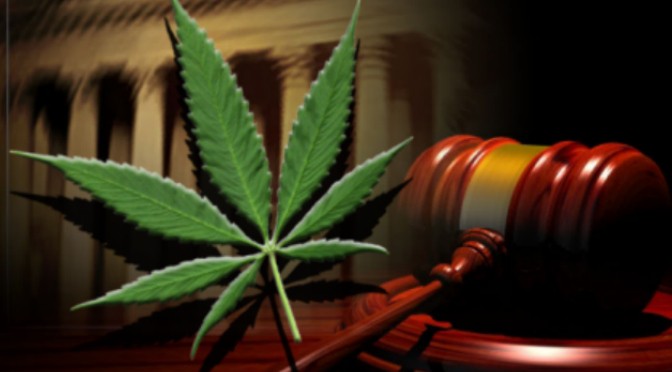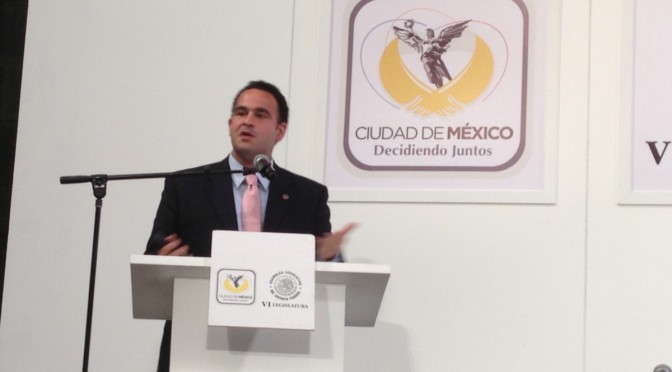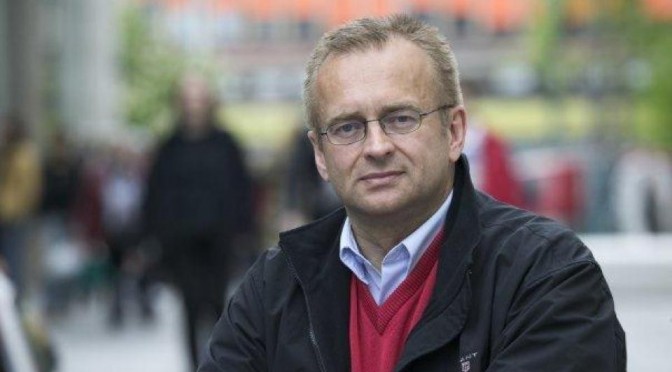Kevin Sabet spoke at the 59th Session of the Commission on Narcotic Drugs (CND), taking place 14th to 22nd March 2016 in Vienna, Austria. The CND meets each year to discuss the global state of drug control and adopt resolutions to guide the way forward. Here is part of his speech. (See our summary from Sven-Olov Carlsson’s address.)
Today I am speaking on behalf of multiple civil society organizations in the Drug Policy Futures network, including SAM, Smart Approaches to Marijuana, in opposition to some member states’ legalization of psychoactive drugs. These actions violate the Single Convention on Narcotic Drugs of 1961, and threaten international cooperation concerning drug abuse and trafficking. We ask all member States to refer to the newly published World Health Organization (WHO) report on cannabis. This document is the result of dozens of experts from around the world, and clearly outlines the dangers of cannabis use.
Legalization is about one thing: making a small number of business people rich. If it were about ending the War on Drugs, recent policy changes would be limited to decriminalization. But instead, a host of business interests are getting involved with the legal marijuana trade in Colorado and elsewhere. They have set up private equity firms and fundraising organizations to attract investors and promote items such as marijuana candies and sodas, oils, and other products. And in Colorado, the effects have been negative. Emergency room admissions are up, as well as expulsions from schools and driving while intoxicated violations. In fact, Colorado is now for the first time number one in the nation for youth marijuana use.
We also know these industries target the poor and disenfranchised – and we can expect the marijuana industry to do the same in order to increase profits. A 2016 investigation by the Denver Post revealed that a “disproportionate share” of marijuana businesses are now located in lower-income and minority communities in Denver, communities that often suffer disparate impacts of drug use. One of Denver’s lower-income neighborhoods has one marijuana business for every 47 residents. This is similar to a Johns Hopkins University study that showed that predominantly black, low-income neighborhoods in Baltimore were eight times more likely to have carry-out liquor stores than white or racially integrated neighborhoods.
This doesn’t mean we want to saddle people with criminal records for using cannabis. We are not calling for mass imprisonment. We want to emphasize prevention, early intervention, treatment, and recovery. But to deny the addictive potential of cannabis or negative mental health effects is to deny the overwhelming scientific evidence available today. And our experience tells us that we should not welcome with open arms a new industry – like Big Tobacco – which will focus on commercializing and increasing the use of a drug far more potent today than it has ever been.
Moreover, we stress that an international legal cannabis industry is likely to leverage bilateral and multilateral investment treaties to challenge public health regulations across the globe, as the tobacco industry has done. The legal actions tobacco companies have pursued have had an out-sized impact on developing countries, and are often resolved through secretive international arbitration rather than in domestic courts.
We therefore request that member states follow the three international drug conventions and reiterate their commitment to the conventions, in connection with the debate around the legal status of cannabis. The use of cannabis for non-medical purposes is not a solution to existing challenges with drug control. Nor is legalization the only way to promote alternatives to incarceration of drug users.
We also remind member states to implement the obligations from the three Drug Conventions and the Action Plan on Drugs, in order to implement effective prevention, treatment and rehabilitation measures. Legalization is clearly not allowed under the Conventions. Countries should not be able to legalize without consequences if our Conventions are to have meaning and credibility.




